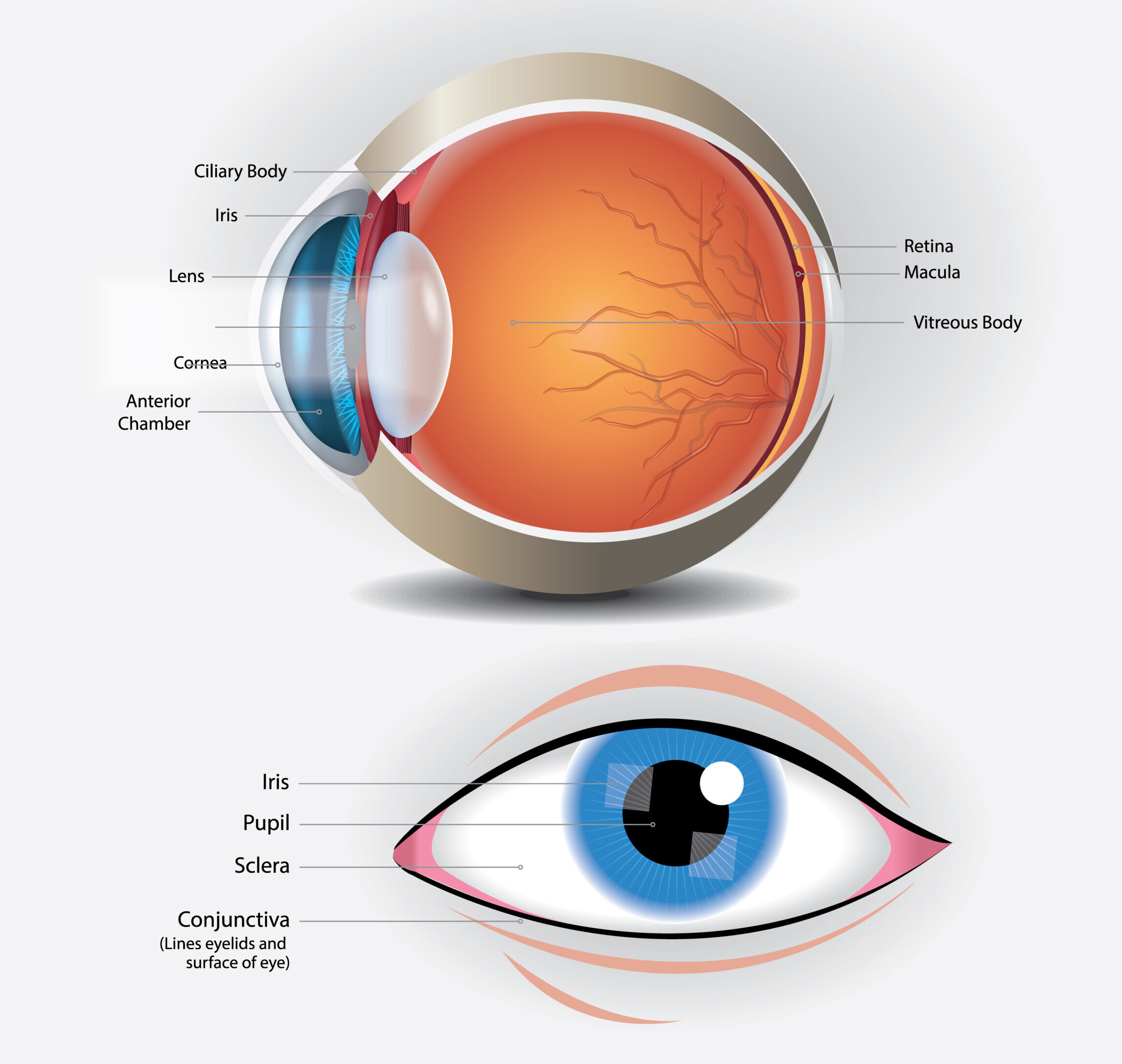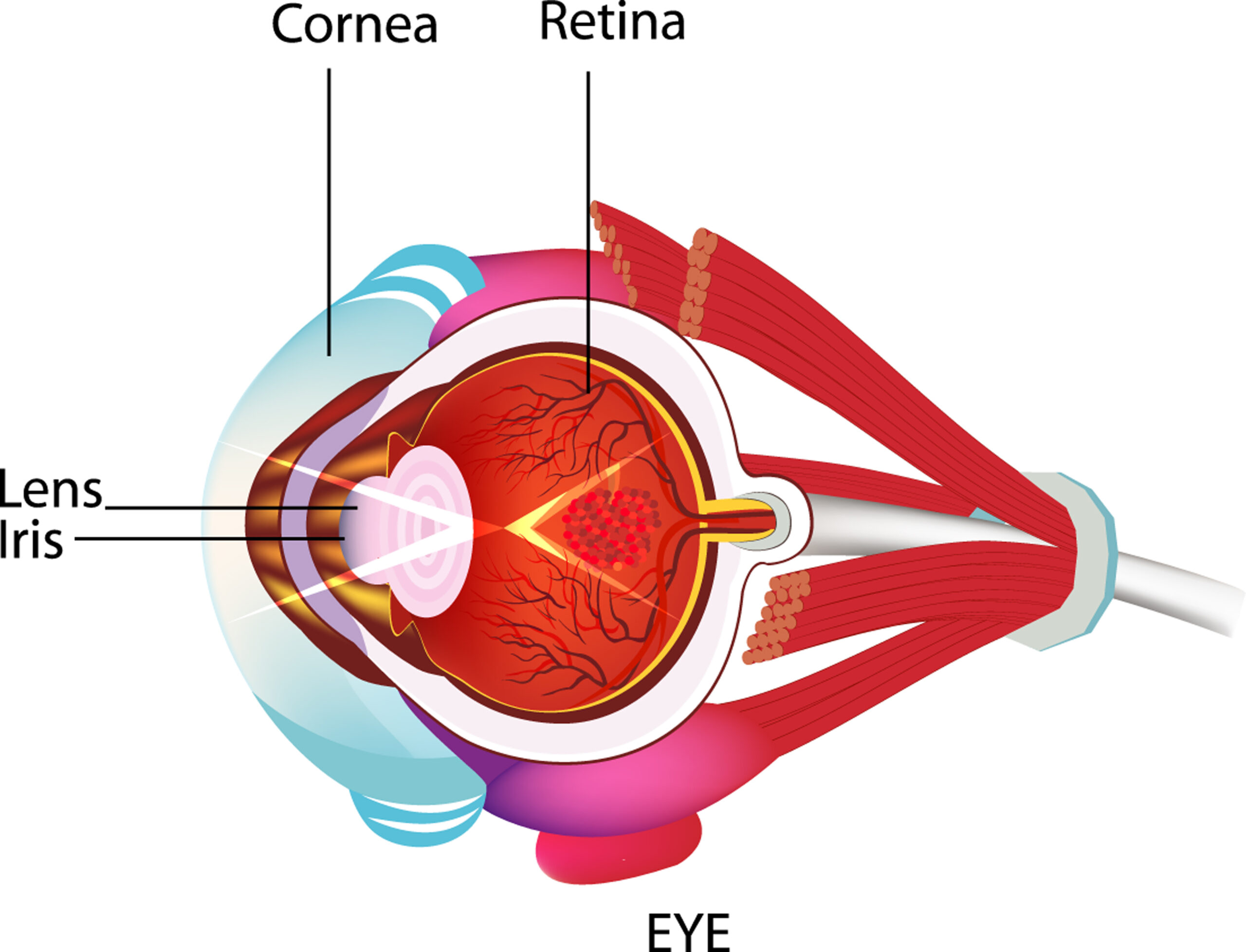Services
Call Us
Hours
Monday: 8 AM – 4:30 PM
Tuesday: 8 AM – 4:30 PM
Wednesday: 8 AM – 4:30 PM
Thursday: 8 AM – 4:30 PM
Friday: 8 AM – 2:30 PM
Download

About Florida Eye Surgeons
At Florida Eye Surgeons, our multi-specialty ophthalmic practice focuses on delivering high-quality medical and surgical eye care. Our facility offers comprehensive treatment for various ophthalmic conditions, from basic to consultative care. Our physicians’ extensive fellowship training in cornea procedures allows us to provide the right specialist for virtually any eye care need. Florida Eye Surgeons and Associates has an ophthalmologist specialty trained on dealing with diseases of the part of the eye called the Anterior Segment, which includes the conjunctiva and cornea.
Our services encompass advanced cataract surgery, glaucoma evaluation and treatment, retinal management of macular degeneration and diabetic retinopathy, and medical eye examinations. Trust us for all your eye health needs.
What Does The Cornea Do?

The cornea is the outermost transparent tissue responsible for 2/3 of the eye’s ability to focus. It covers the colored part of the eye.
A well-shaped cornea ensures clear and sharp vision, but conditions like nearsightedness, farsightedness, or astigmatism can affect its shape and lead to blurry vision. Treatments such as eyeglasses, contact lenses, or corneal surgeries may be necessary to correct these issues and restore clear vision. Regular eye examinations are essential to maintain the cornea’s health and ensure optimal vision.
What Are Common Cornea Conditions?
Corneal conditions can cause various symptoms, from mild discomfort to severe vision loss. Timely diagnosis and appropriate treatment by an eye care professional are essential to effectively manage and address these conditions. Common cornea conditions include:
- Pink Eye (Conjunctivitis): A common disease of the conjuctiva (the transparent tissue that covers the white part of the eye called the Sclera. Pink eye may be due to an allergy or a viral or bacterial infection. With this disease, the eye gets red, tears, itches, and has discharge.
- Abrasions: An abrasion is a scratch that is painful, causing tearing and light sensitivity.
- Keratitis Ulcers: Bacterial, fungal, and viral, these ulcers are infections that can lead to the breakdown of the tissue resulting in loss of vision and potentially loss of the eye.
- Fuchs’ Corneal Dystrophy: A progressive condition that leads to gradual loss of vision described as cloudy vision.
- Dry Eye Disease: An extremely common condition that is due to insufficient tear production, rapid evaporation, or both. Symptoms include dryness, foreign body sensation, pain, redness, and blurred vision.
- Keratoconus is a progressive eye disorder where the cornea thins and bulges into a cone shape, leading to distorted vision and possible visual impairment.
How Are Anterior Diseases Treated?
Many diseases may be treated with professional tears or artificial eye drops. Surgery may be indicated for many conditions.
How Are Cornea Conditions Treated?
While less serious conditions like pink eye and dry eyes can be treated with prescription eye drops and other medications, surgery may be recommended for advanced Keratoconus and Fuchs’ corneal dystrophy. If severe enough, a cornea transplant may be necessary.
What Is Cornea Transplant Surgery?

A corneal transplant, or keratoplasty, is a surgical procedure in which the cornea from a deceased donor that is healthy, replaces a damaged or diseased cornea.
During the cornea transplant surgery, the surgeon carefully removes the central portion of the damaged cornea and replaces it with a cornea from a donor whose tissue closely matches the recipient’s cornea. The donor cornea is carefully prepared and stitched into place with tiny sutures or secured with an adhesive.
Cornea transplants are generally safe and successful, with a high rate of positive outcomes. However, like any surgical procedure, there are potential risks and complications, such as graft rejection, infection, or astigmatism (an imperfection in the cornea’s shape). Patients undergoing corneal transplants require post-operative care and regular follow-up visits to monitor the healing process and ensure the transplant’s success.
Why Choose Florida Eye Surgeons?
At Florida Eye Surgeons and Associates, we take pride in being a leading choice for your eye health. Our experienced team and advanced technology prioritize your vision and well-being. We’re committed to providing personalized care and the highest quality of services. Trust our strong reputation, positive patient experiences, and compassionate approach to ensure the best care for your eyes.
Contact us to set up an appointment, and let’s work together for a brighter and healthier future for your vision.
